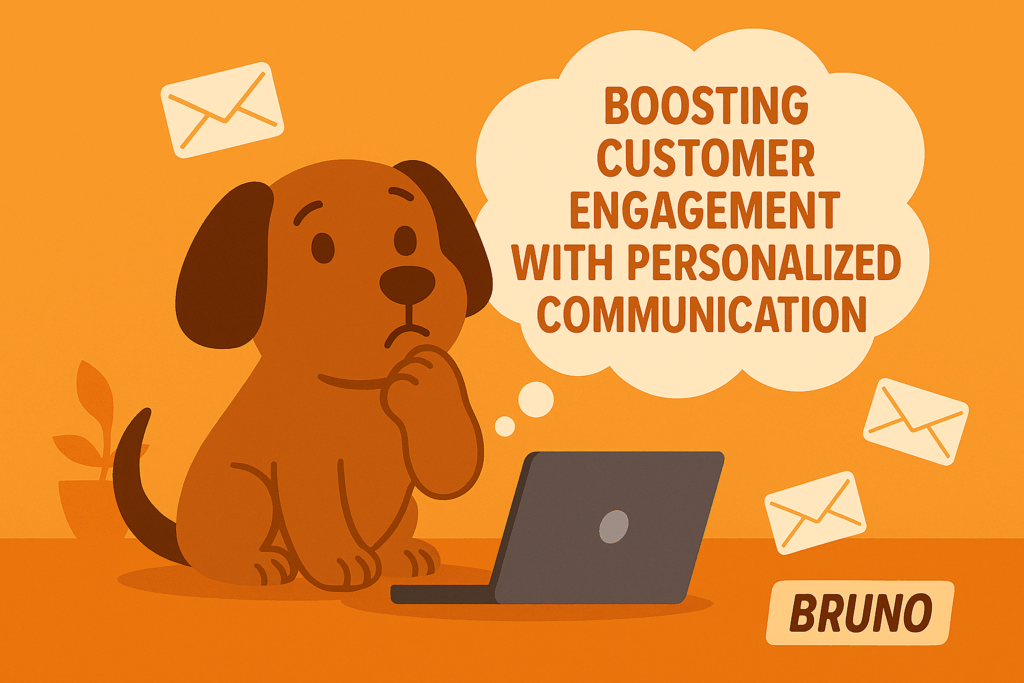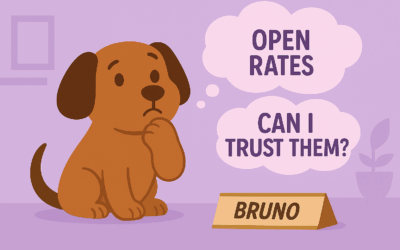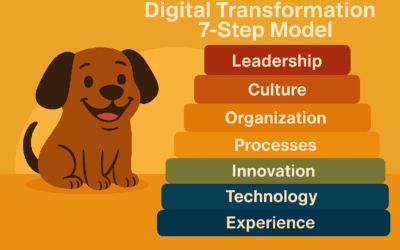Boosting Customer Engagement with Personalized Communication
Why Personalized Communication Matters
In today’s digital world, businesses need to go the extra mile to engage with customers. Personalized communication is a powerful tool for building customer engagement, loyalty, and business growth. This type of communication is tailored to each customer’s individual needs, preferences, and behavior.
Measuring the Success of Personalized Communication
To measure the success of personalized communication, businesses should track key performance indicators (KPIs) such as open rate, click-through rate, and Net Promoter Score (NPS). Open rate measures the number of people who opened a personalized email, while click-through rate measures the number of people who clicked on a link in a personalized offer. NPS measures customer loyalty and satisfaction with a business.
Making Personalized Communication Work
To make personalized communication work, businesses need to understand their customers and the data that informs their behavior. This information can be gathered through data analysis, customer surveys, and focus groups. With this information, businesses can tailor their communication to meet the unique needs of each customer group.
A Strategic Approach to Customer Engagement
Businesses must also be strategic in their approach to customer engagement. This includes considering the timing, frequency, and channel of communication. For example, businesses should send emails or make offers at a time that is convenient for the recipient. The frequency of communication should be balanced to avoid disengagement or a lack of brand awareness. Different communication channels may be more effective for different types of messages and audience segments.
Incorporating AI and Machine Learning
AI and machine learning can enhance personalized communication efforts. AI can automate the process of personalizing communication and ensure each customer receives a tailored experience. Machine learning algorithms can predict customer behavior and preferences, helping businesses to proactively address customer needs. This can improve the effectiveness of personalized communication and save businesses time and resources.
Conclusion
In conclusion, personalized communication is a key tool for boosting customer engagement, loyalty, and business growth. To make personalized communication work, businesses need to understand their customers, be strategic in their approach to engagement, and use AI and machine learning to enhance their efforts. With the right approach, businesses can build strong relationships with their customers and drive growth and success in the long run.


